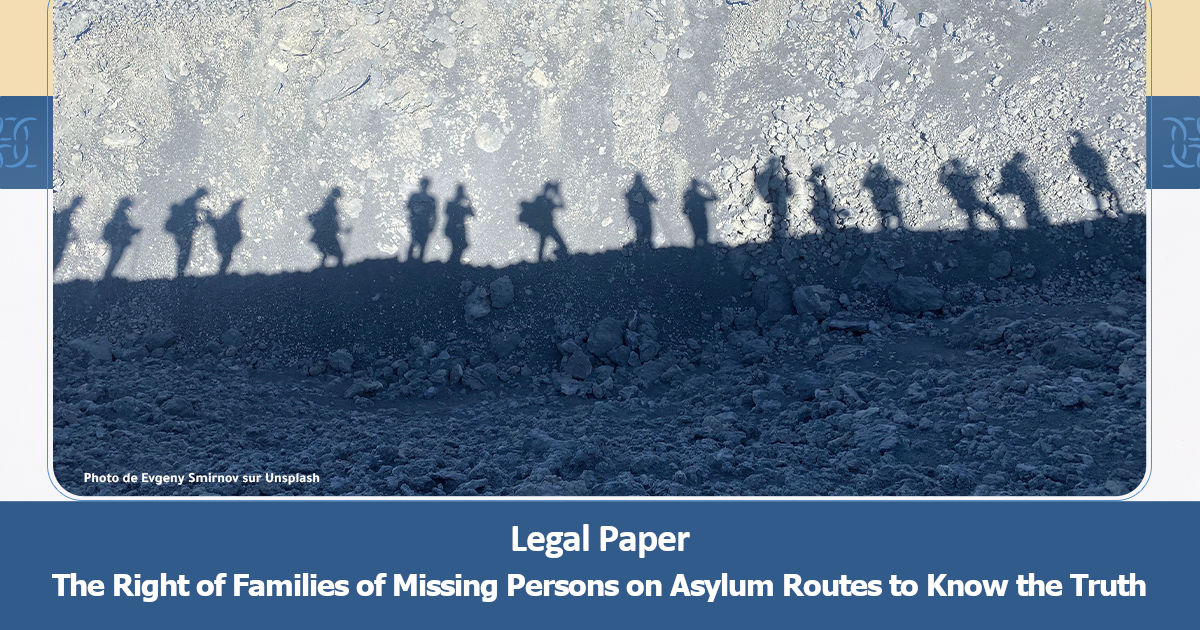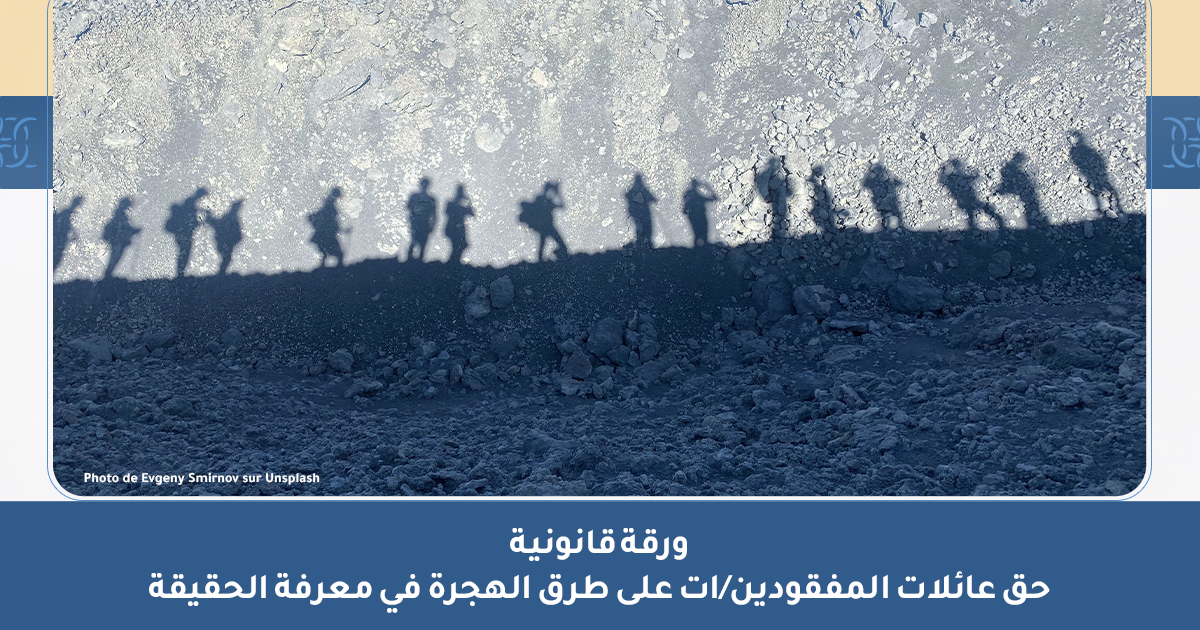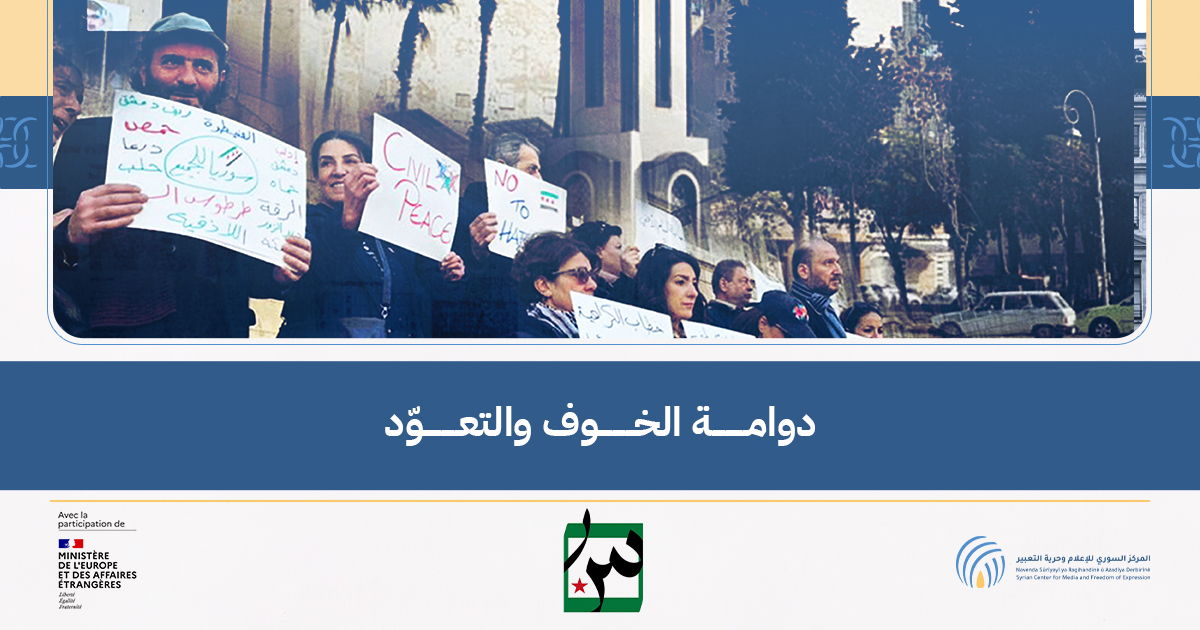Rights Groups, Survivors, Victims Urgently Call for Justice
(Beirut, September 15, 2021) – Member states at the United Nation Human Rights Council (UNHRC) should establish an international, independent, and impartial investigative mission, such as a one-year fact-finding mission, into the Beirut port explosion of August 4, 2020, 145 Lebanese and international rights groups, survivors, and families of the victims said today in a joint letter. This letter follows a similar one sent by 115 rights groups, survivors, and families of the victims in June 2021.
More than a year after the explosion in Beirut’s port, no one has been held accountable. The explosion damaged over half the city and killed at least 218 people, including nationals of Lebanon, Syria, Egypt, Ethiopia, Bangladesh, Philippines, Pakistan, Palestine, the Netherlands, Canada, Germany, France, Australia, and the United States.
“The families of the victims and survivors of the catastrophic Beirut Blast are appealing once again to the Human Rights Council to urgently establish an investigative mission looking into the Lebanese state’s failure to protect their rights,” said Aya Majzoub, Lebanon researcher at Human Rights Watch. “More than a year after the explosion, Lebanese leaders continue to obstruct, delay, and undermine the domestic investigation.”
In February, a court removed from the case the judge appointed to lead the investigation after two former ministers whom he charged filed a complaint against him. While Judge Tarek Bitar was appointed a day later, politicians and officials similarly started a campaign against him after he made a request to charge and summon for questioning senior political and security officials.
Government officials, including the caretaker Prime Minister Hassan Diab, have refused to appear for questioning, and the authorities have refused to lift immunity or allow for the prosecution of parliament members and senior security officials. Political leaders have attempted to cast doubt on Judge Bitar’s impartiality, accusing him of being politicized. Further, on at least two occasions Lebanese security forces have responded with violence to relatives of the Beirut blast victims who had peacefully mobilized against these obstructions.
“This violent response sends a chilling message about the authorities’ disdain for justice and their unwillingness to grant the victims and their relatives effective access to the investigative process and respect their right to be informed and to participate,” said Lynn Maalouf, deputy Middle East and North Africa director at Amnesty International. “One year later, the gap between the domestic process and the standards set out by the UN experts last year couldn’t be more glaring.”
The explosion resulted from the igniting and detonation of tons of ammonium nitrate, which were stored alongside other flammable or explosive materials, in a poorly secured hangar in the middle of a busy commercial and residential area of the densely populated city, in a way that contravenes international guidance on the safe storage and handling of ammonium nitrate.
Human Rights Watch found that the evidence strongly suggests that a number of high-level military, security, and government officials foresaw the significant threat to life posed by the presence of the stockpile of ammonium nitrate at the port and tacitly accepted the risk of deaths occurring. This amounts to a violation of the right to life under international human rights law.
The right to life is an inalienable and autonomous right, enshrined in article 6 of the International Covenant on Civil and Political Rights (ICCPR), which Lebanon ratified in 1972. The United Nations Human Rights Committee (HRC), which interprets the ICCPR, has stated that countries must respect and ensure the right to life against deprivations caused by people or entities, even if their conduct is not attributable to the state.
The committee further stipulates that “the duty to protect by law the right to life also requires States parties to organize all State organs and governance structures through which public authority is exercised in a manner consistent with the need to respect and ensure the right to life, including by…investigating and prosecuting potential cases of unlawful deprivation of life, meting out punishment and providing full reparation.”
The investigations into violations of the right to life must be “independent, impartial, prompt, thorough, effective, credible, and transparent,” and they should explore “the legal responsibility of superior officials with regard to violations of the right to life committed by their subordinates.”
The failures of the domestic investigation to ensure accountability dramatically illustrates the larger culture of impunity for officials that has long been the case in Lebanon. The authorities’ shameless obstruction of the victims’ quest for truth and justice reinforces the need for an international investigation into the Lebanese state’s failure to protect the right to life.
An international investigation, looking into the Lebanese state’s failure to protect the right to life, would not impede, but rather assist the domestic process, the organizations said. The findings of an international investigation, conducted in accordance with the highest international standards and best practices, may be useful to the Lebanese authorities investigating the explosion and in any domestic effort to bring to justice anyone reasonably suspected of criminal responsibility.
Further, the investigation would make recommendations to Lebanon and the international community on steps that are needed both to remedy the violations and to ensure that these do not occur in the future.





